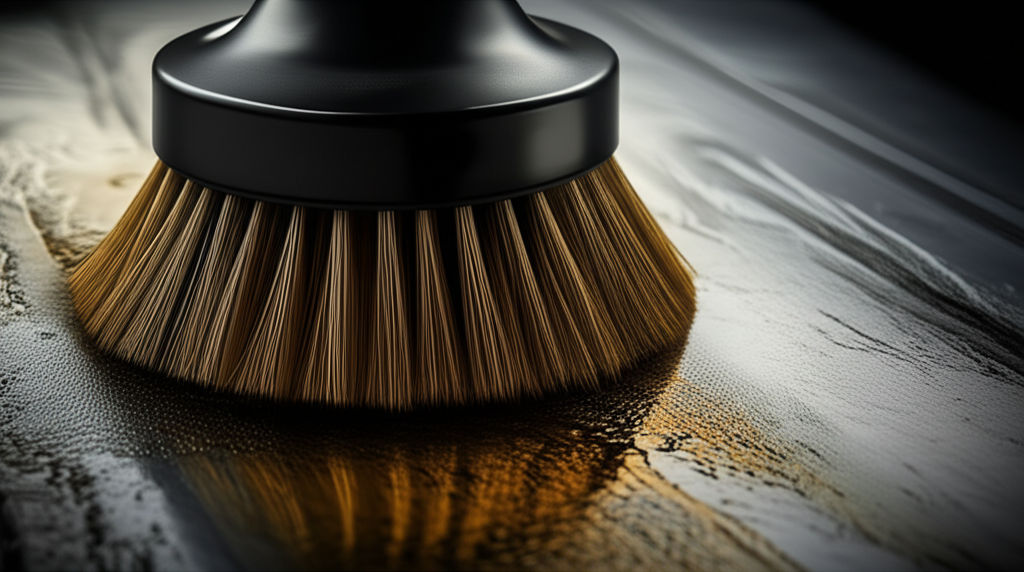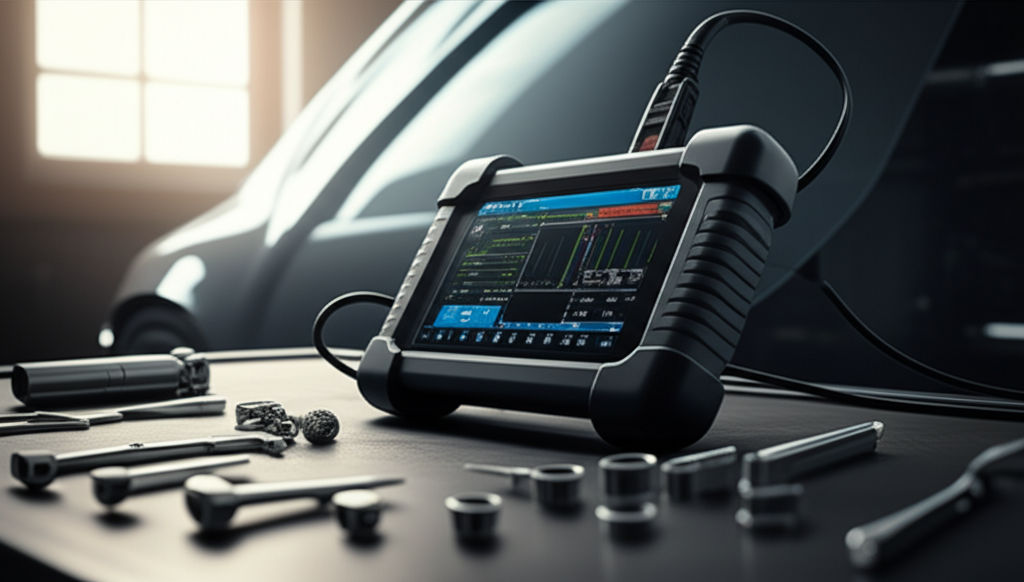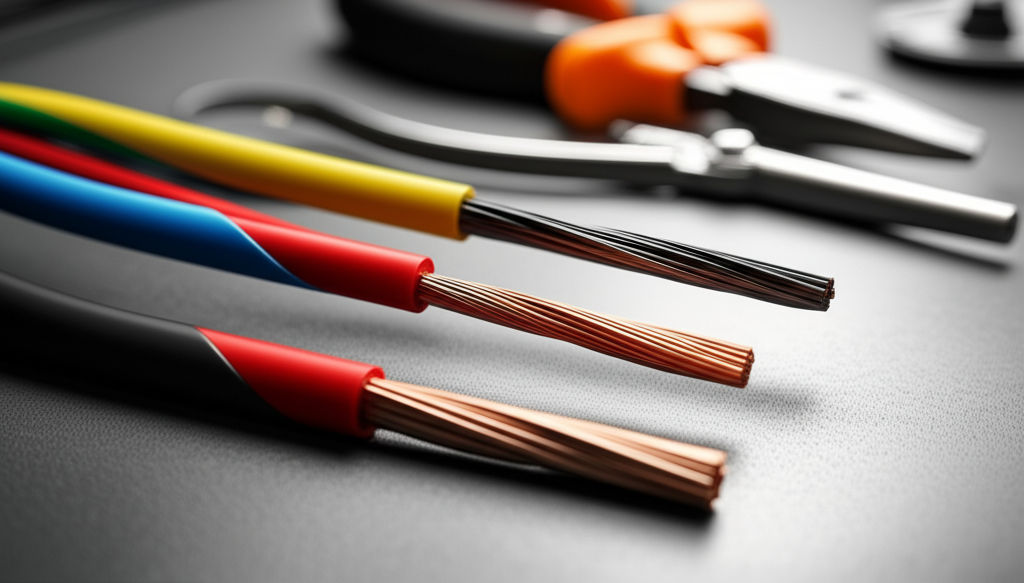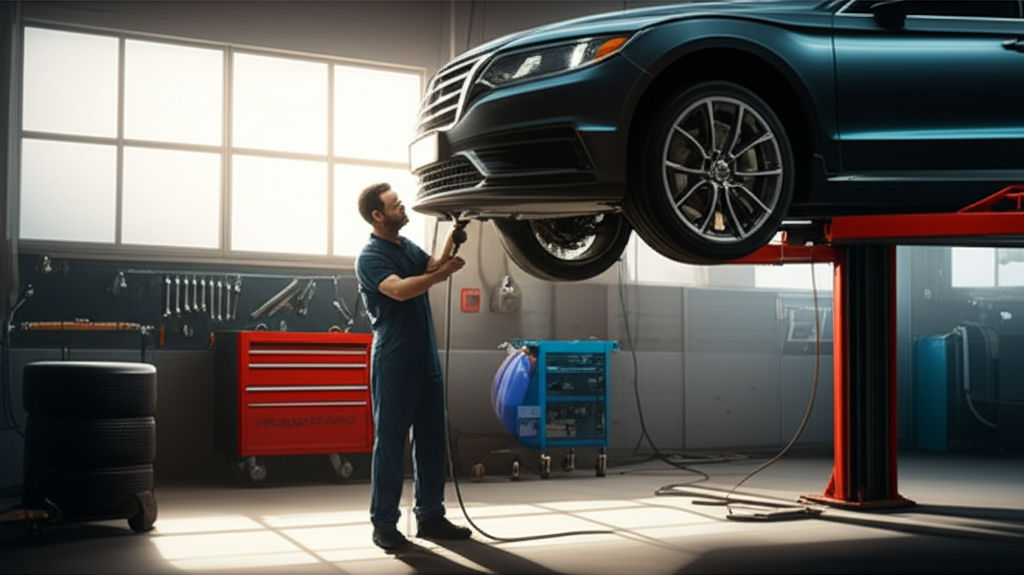Automotive Oil Film Cleaning Brush Explained
Ellie Moore

Photo: Banish frustrating oil film! Learn why standard cleaning fails & how the automotive oil film cleaning brush restores crystal-clear windshields for safer driving...
Clear Vision Ahead: Demystifying the Automotive Oil Film Cleaning Brush
Few things are as frustrating for a driver as a hazy, streaky windshield, especially when battling the glare of oncoming headlights or the low sun. You wash your car, you wipe your windows, but that stubborn, greasy film persists, turning clear visibility into a constant struggle. This common automotive headache isn't just an annoyance; it's a significant safety concern. Fortunately, a specialized tool exists to combat this pervasive problem: the automotive oil film cleaning brush.
In this comprehensive guide, we'll dive deep into what causes this frustrating oil film, why standard cleaning methods often fall short, and how the automotive oil film cleaning brush stands out as an essential tool for maintaining crystal-clear vision on the road. We'll explore its design, how to effectively use it, and crucial tips to ensure your car's glass is always spotless and safe.
What Exactly is Automotive Oil Film?
Before we explore the solution, let's understand the problem. Automotive oil film isn't just dirt; it's a tenacious layer of oily contaminants that adheres to your car's glass surfaces. This film can accumulate on both the exterior and interior of your windows, creating a frustrating haze that significantly reduces visibility, especially at night or in bright sunlight.
Sources of Exterior Oil Film
The outside of your car's glass is constantly exposed to a barrage of environmental elements and road grime. Common culprits include:
- Road Grime and Exhaust Fumes: Vehicle exhaust contains oily particles that, along with road dust and debris, get kicked up by tires and adhere to your windshield. This "oil dirt" can get burnt onto the windshield by sunlight, making it particularly difficult to remove with a regular car wash.
- Car Wash Residues: Paradoxically, some car shampoos or wax residues from car washes can leave behind a film if not properly rinsed or if they contain wax additives not suitable for glass.
- Tree Sap and Pollen: Natural elements like tree sap and sticky pollen can also contribute to a greasy layer.
Sources of Interior Oil Film
The inside of your windshield isn't immune to oil film, and its sources are often surprising:
- Off-Gassing from Interior Plastics: That "new car smell" you might enjoy? It's often due to chemicals released (off-gassing) from the plastic and vinyl components of your dashboard and interior trim. These chemicals can condense on the cooler glass surfaces, forming an oily residue. This issue can worsen in hot, humid weather or when the car is parked in direct sunlight.
- Smoker's Film: Smoking or vaping inside the car leaves a thick, oily residue that quickly coats all interior glass surfaces.
- Body Oils and Perspiration: Microscopic oil deposits from your skin, hair, and even breath can accumulate over time, especially on the windshield where condensation can exacerbate the issue.
- Cleaning Product Residues: Using oily cleaners on your dashboard or applying vinyl dressing without proper care can lead to overspray that evaporates and sticks to the glass.
The Dangers of Oil Film
Beyond being unsightly, an oily windshield poses significant safety risks:
- Reduced Visibility: The primary danger is impaired vision. The film scatters light, making it difficult to see clearly, especially when driving into the sun or at night.
- Increased Glare: Glare from headlights, streetlights, or the sun becomes intensified, causing eye strain and temporary blindness.
- Ineffective Wipers: Oil film can cause your wiper blades to skip, chatter, or smear the windshield instead of effectively clearing water, further compromising visibility during rain.
- Slower Reaction Time: A compromised view means a slower ability to react to road hazards, pedestrians, or other vehicles.
Traditional cleaning methods, such as basic car washes or wiping with a standard cloth, often fail to completely remove this stubborn oil film, sometimes even spreading it further or leaving streaks. This is where a specialized solution comes into play.
Introducing the Automotive Oil Film Cleaning Brush
The automotive oil film cleaning brush is not your average cleaning tool. It's specifically designed to tackle the unique challenge of oily residues on automotive glass. While the term "brush" might conjure images of abrasive bristles, these tools are engineered with materials and designs that are tough on grime but gentle on glass.
Design and Functionality
Many modern automotive oil film cleaning brushes feature:
- Specialized Bristles or Microfiber Pads: Unlike harsh brushes, these tools often incorporate soft, yet highly effective, bristles or dense microfiber pads that are designed to agitate and lift oily particles from the glass surface. Some variations include an integrated sponge or scrubber pad for enhanced cleaning power.
- Ergonomic Handles: Designed for comfort and reach, handles can vary from compact handheld designs to longer wands that make reaching across large windshields or rear windows much easier.
- Integrated Liquid Dispensers: Some advanced models come with a built-in reservoir for cleaning solution, allowing for a mess-free and efficient application directly through the brush head. This integrated design allows for pressing to release the liquid and wiping gently to clean.
How It Works
The effectiveness of an automotive oil film cleaning brush lies in its ability to combine mechanical action with the properties of a dedicated cleaning solution.
- Mechanical Action: The specialized bristles or pads physically agitate and break down the oil film, loosening its grip on the glass. This is crucial because oil film is often "burnt onto or adhered to the windshield," making simple wiping ineffective.
- Absorption and Removal: The materials are designed to absorb and trap the dislodged oil and grime, preventing it from simply being smeared around the surface.
- Enhanced Cleaning with Solution: When paired with a suitable automotive glass cleaner or an oil film remover, the brush's action allows the cleaning agent to penetrate and dissolve the oily contaminants more effectively than a cloth alone.
Why You Need This Specialized Tool
While you might already have a collection of car cleaning supplies, an automotive oil film cleaning brush offers distinct advantages that make it an invaluable addition to your detailing arsenal.
- Superior Cleaning Power: Traditional sponges or microfiber cloths, while good for general cleaning, often struggle with deeply embedded oil film, sometimes just pushing the grime around. The specialized design of these brushes, combined with their ability to work with powerful oil film removers, provides a level of decontamination that leaves glass genuinely spotless and streak-free.
- Prevents Scratches and Swirls: High-quality brushes are designed with materials that are gentle on glass, minimizing the risk of scratching or marring the surface, a common concern with abrasive cloths or improper techniques.
- Efficiency and Ease of Use: The ergonomic design and integrated features of some brushes make the cleaning process quicker and less strenuous, especially for large or hard-to-reach areas of the windshield.
- Long-Term Benefits for Visibility and Safety: Regular and effective removal of oil film ensures consistent, clear visibility, which is paramount for safe driving, particularly in challenging weather conditions or at night.
Choosing the Right Automotive Oil Film Cleaning Brush
With various options available, selecting the best automotive oil film cleaning brush can seem daunting. Consider these factors to make an informed choice:
- Material of the Cleaning Head:
- Microfiber Pads: Excellent for absorbing and lifting grime without scratching. Look for high-density, lint-free microfiber.
- Specialized Bristles: Designed to agitate tough films. Ensure they are soft enough for glass but robust enough to clean effectively.
- Handle Design and Length:
- Handheld: Ideal for precise cleaning and smaller areas like side mirrors.
- Long-Handled/Wand: Essential for reaching the far corners of large windshields and rear windows, especially if you have a larger vehicle. Some have pivoting heads for better angle control.
- Integrated Features:
- Liquid Reservoir: Convenient for direct application of cleaner. Check for easy refilling and leak-proof design.
- Scrubber Pads: Some brushes include a built-in scrubber for tackling extremely stubborn spots like dried bird droppings or tree sap.
- Durability and Reusability: Look for brushes made from high-quality, durable materials that can withstand repeated use and cleaning. Many are designed to be rinsed and reused.
- Compatibility with Cleaners: While many brushes can be used with various glass cleaners, some are specifically designed to work with particular oil film removers for optimal results.
Step-by-Step Guide: Using Your Automotive Oil Film Cleaning Brush
Achieving a streak-free, oil-film-free windshield is a straightforward process when armed with the right tools and technique.
1. Gather Your Supplies
- Automotive oil film cleaning brush
- High-quality automotive glass cleaner or dedicated oil film remover. Ammonia-free cleaners are recommended, especially for tinted windows.
- Clean, lint-free microfiber towels (at least two – one for initial wipe, one for buffing)
- Two buckets of water (one with car shampoo for initial wash, one for rinsing the brush) (optional, but good practice)
2. Initial Preparation
- Wash the Exterior (Optional but Recommended): For exterior glass, start by washing the car with car shampoo to remove loose dirt and grime. This prevents scratching the glass when you use the brush.
Finance & Investment
View All
January 27, 2025
Understanding Private Finance InitiativesGo beyond keywords! Discover expert SEO content that delivers value, builds credibility, and satisfies user intent through E-E-A-T. Elevate your rankings.
Ellie Moore

June 27, 2025
Automobile Financement Global Car Loan GuideUnlock SEO success! Create expert content that ranks high, drives organic traffic, and builds authority by satisfying both users and search engines.
Ellie Moore

April 14, 2025
Easy to Use Financing Calculator OnlineMaster expert SEO content! Learn to craft valuable, authoritative, and trustworthy content that ranks high, satisfies user intent, and drives results.
Ellie Moore

September 6, 2025
What Is Mutuum Finance CompanyCraft expert SEO content that ranks! Learn to master user intent and leverage E-E-A-T to build authority and dominate search results.
Ellie Moore

August 8, 2025
Lease vs Finance a Car ComparisonCraft expert SEO content that ranks & engages. Discover how to create high-quality, E-E-A-T-driven content for online visibility and authority.
Ellie Moore

January 3, 2025
Finance Loans for BeginnersGo beyond keywords! Learn to create expert SEO content that ranks high, drives organic traffic, builds trust, and ensures your online business thrives.
Ellie Moore
Insurance
View AllIs pet insurance right for you? Explore the pros, cons, and costs of coverage to keep your furry friend healthy.
Ellie Moore
Secure your health & finances! Discover how to confidently select the best, most affordable top-rated health insurance plans for comprehensive coverage.
Ellie Moore
Switching insurance? Learn key considerations to find the best new provider while avoiding coverage gaps.
Ellie Moore
Discover how long-term care insurance supports future healthcare needs and offers financial stability for aging individuals.
Ellie Moore
Master Essential Direct Auto Insurance to cut costs, optimize coverage, and boost financial security. A must-read for policyholders, risk managers & agents.
Ellie Moore
Stay safe with these tips to identify and avoid common insurance scams. Protect yourself from fraud and make informed decisions.
Ellie Moore
Education
View AllCompetency-based education focuses on mastery over seat time. Learn how this model is reshaping how we measure student success.
Read MoreProviding education in conflict zones is a major challenge. Learn about the barriers and efforts to ensure learning continuity in crisis situations.
Read MoreIs a college degree still worth it? Dive into a detailed analysis of the ROI on higher education, including costs, benefits, and future prospects.
Read MoreCompare Montessori and traditional education methods. Discover which approach is more effective for fostering creativity and independence in students.
Read MorePlay is crucial in early learning! Discover how play-based learning enhances cognitive, emotional, and social development in young children.
Read MoreProject-based learning engages students by tackling real-world problems. Learn how this approach fosters critical thinking and creativity.
Read MorePopular Post 🔥
View All
1
2
3
4
5
6
7
8
9
10
Health






Automotive
View All
August 8, 2025
High Tech Automotive Tools For Modern Mechanics
Modern mechanics need high-tech automotive tools to repair complex vehicles. Revolutionize your shop with advanced diagnostic equipment for EVs & ADAS.

July 24, 2025
How To Choose The Best Automotive Wire For Repairs
Choose the right automotive wire for safe, lasting repairs. Our guide demystifies gauges, insulation & more for reliable vehicle electrical systems.

February 7, 2025
Car Subscriptions: The Future of Vehicle Ownership
Explore the rise of car subscription services. Find out how they work, pros & cons, and why they’re becoming the latest trend in mobility.

July 22, 2025
Automotion 2025 What To Expect In Automotive Tech
Explore Automotion 2025's future tech: electric vehicles, advanced autonomy, and AI reshaping mobility, safety, and the driving experience.

September 3, 2025
Automotive Oil Film Cleaning Brush Explained
Banish frustrating oil film! Learn why standard cleaning fails & how the automotive oil film cleaning brush restores crystal-clear windshields for safer driving...

September 9, 2025
Greg's Automotive Honest Work At A Fair Price
Tired of dishonest auto shops? Greg's Automotive offers transparent, honest work at a fair price. Build trust with clear communication & no upsells.

















